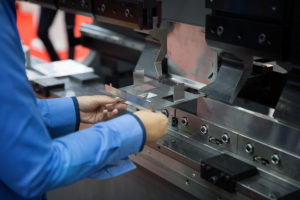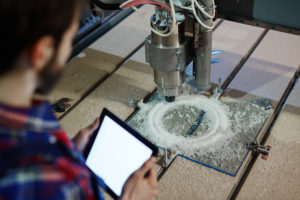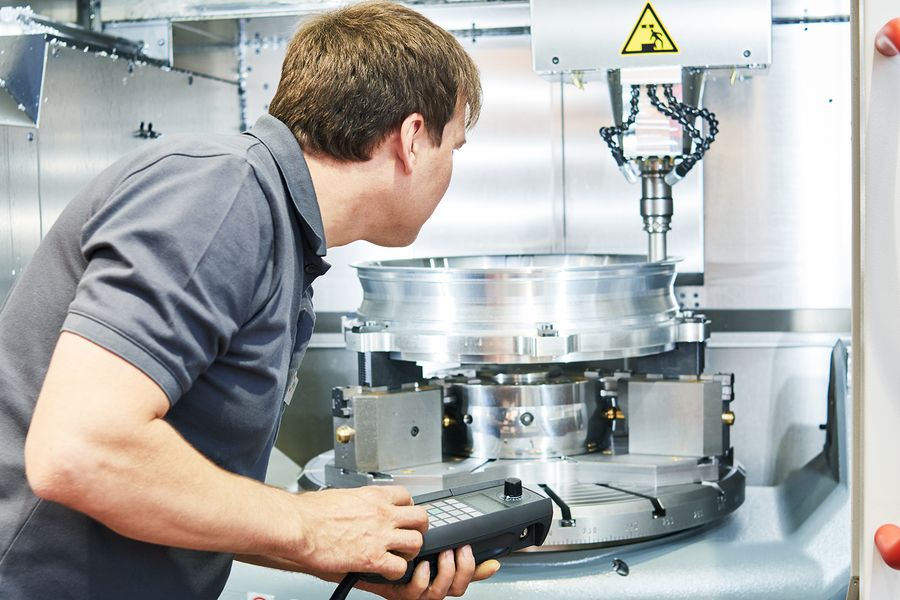“If I have seen further than others, it is by standing on the shoulders of giants.” — Sir Isaac Newton
Manufacturing is constantly evolving, with manufacturers relying on a combination of necessity and research to improve current materials by creating new ones to meet emerging design challenges. Metals, plastics, and glass are common manufacturing materials, and advancements among them help create the innovative building blocks of tomorrow’s products:
 Lightweight metals — As fuel efficiency, clean energy, and increased durability rise to the forefront in the automotive industry, lightweight metals pave the way for these advancements. While the lightweight metals industry could grow to nearly $243 billion by 2023, it is constricted by high production costs and economic uncertainty.
Lightweight metals — As fuel efficiency, clean energy, and increased durability rise to the forefront in the automotive industry, lightweight metals pave the way for these advancements. While the lightweight metals industry could grow to nearly $243 billion by 2023, it is constricted by high production costs and economic uncertainty.- Vehicle parts — Vehicle parts benefited greatly from the introduction of additive manufacturing. Not only have carbon composites lightened parts but exciting new materials also offer the promise of automatic stress detection. In some vehicles, information on factors affecting a car’s durability and reliability will be communicated to the driver via the vehicle’s computer.
- Glass — Glass took longer to make its way to 3-D printing, due to the high temperature at which glass melts, until German scientists found a way to mix liquid polymer with glass powder. The resulting mixture utilizes a standard 3-D printer to create a clearer, stronger version of glass that shows great promise for lenses, windshields, electronics, and other parts.
 Plastics — Advances in lightweight plastic foams have increased vehicle safety. The foam fills rocker panels and other hollow areas, adding little weight but greatly increasing vehicle strength and safety. Though still cost-prohibitive for consumer vehicles, decreasing production costs over time will likely make the foam more prevalent.
Plastics — Advances in lightweight plastic foams have increased vehicle safety. The foam fills rocker panels and other hollow areas, adding little weight but greatly increasing vehicle strength and safety. Though still cost-prohibitive for consumer vehicles, decreasing production costs over time will likely make the foam more prevalent.- Mega magnets — Rare earth materials are an expensive part of magnet manufacturing. Yet magnets are an integral part of creating electric motors. New sintering techniques allow for stronger magnetic fields generated with less rare earth materials, making engines smaller, lighter, and more affordable.
Metal, plastic, glass, and minerals are not new materials. But as manufacturers constantly reinvent material makeup, they reimagine combinations of — and usages for — advanced materials and advanced machining methods that lead to greater safety and better products.
Global Electronic Services professionals are your ideal partners when repairing and maintaining your advanced machines. You can always count on our expert service and guaranteed repairs. Contact us for help with your advanced machining repairs, including all your industrial electronic, servo motor, AC and DC motor, hydraulic, and pneumatic needs — and don’t forget to like and follow us on Facebook!
